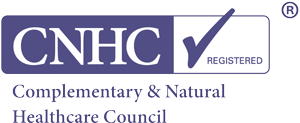Sleep Disorders
Find out more about the different types of sleep disorders such as insomnia, RLS, sleep paralysis and sleep talking and many more.
01.
Insomnia
The most known sleep disorders is without any doubts, insomnia which is is characterised by a difficulty to falling asleep or staying asleep.
Main causes of insomnia include stress, anxiety, poor sleep hygiene.
02.
Restless Leg Syndrome (RLS)
Also known as Willis-Ekbom disease, is a condition of the nervous system that causes an uncontrollable urge to move legs, as a result of uncomfortable sensations. It typically happens in the evening or night time hours when you’re sitting or lying down.
06.
Sleep Paralysis
This sleep conditions can be very frightening although harmless. During sleep paralysis a person is not able to move any muscle or part of the body and even speak during the waking up phase or while falling asleep.
04.
Narcolepsy
Narcolepsy is a rare long-term sleep disorder that makes a person drowsy during the day making difficult for this person to choose when to be awaken or sleep.
05.
REM Sleep Behaviour Disorder
With this sleep disorder a person physically act out vivid their dreams with loud sounds and sudden, often arm and leg movements during REM sleep. This condition can cause serious injury so it’s important to seek help.
06.
Sleep Apnoea (OSA)
Sleep apnoea is when your breathing stops and starts whilst sleeping. Also called obstructive sleep apnoea (OSA), this sleep disorder condition should be treated with a non-behavioral therapists as it can lead to serious complications.
07.
Sleepwalking (Somnambulism)
Also known as somnambulism, sleep walking is a sleep behavior disorder that results in walking while still mostly asleep. More common in children it occurs if a person has a family history or if the person is sleep deprived. People with repeated night-time awakenings might also be subject to sleepwalking.
08.
Sleep Talking
(Somniloquy)
Generally observed with individuals with mental health issues such as PTSD, depression, and anxiety. This sleep disorder which can be defined as talking in your sleep without being aware, comes under the groups Parasomnia as it is an abnormal behaviour that takes place during sleep.
09.
Delayed Sleep Phase Syndrome (DSPS)
DSPS is considered to be a misalignment in the circadian rhythm to the social and physical environment. This sleep disorder is seen when a person’s sleep is being delayed by two hours or more beyond what is considered an acceptable or conventional bedtime.
Find out more
What is Insomnia?
According the the DSM 5 Insomnia is a predominant complaint of dissatisfaction with sleep quantity or quality, associated with one (or more) of the following symptoms for a at least 3 months. 1)Difficulty initiating sleep. (2) Difficulty maintaining sleep, characterized by frequent awakenings or problems returning to sleep after awakenings. (3) Early-morning awakening with inability to return to sleep. Find out more information about sleep science and how your brain and body works
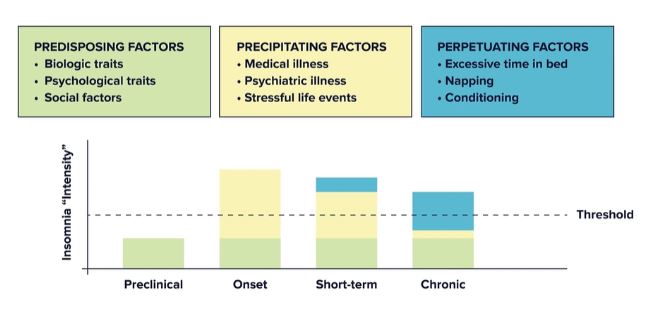
Causes of Insomnia
Pretium dolor donec diam accumsan vitae, non lorem pharetra scelerisque arcu neque, semper amet malesuada feugiat tincidunt lectus dignissim senectus proin enim purus commodo pellentesque ultricies non mauris nisl.
Symptoms of Insomnia
- Fatigue
- Lack of attention or memory
- Irritability and mood swings
- Trouble falling asleep
- Trouble staying asleep
- Awaken early morning waking
- Increased accidents or mistakes
- Hyperactivity or aggressiveness
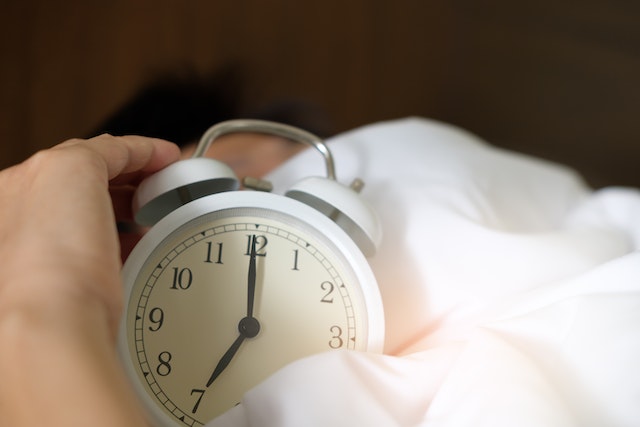
Risks factor of Insomnia
- Age – As REM and deep sleep decrease with age, insomnia tend to occur to people when they are over 60.
- Gender – Women are more subjects to insomnia due to hormonal shifts during the menstrual cycle and in menopause. During pregnancy risks of insomnia are higher.
- Mental health disorder or physical health condition
- Stress and irregular schedules
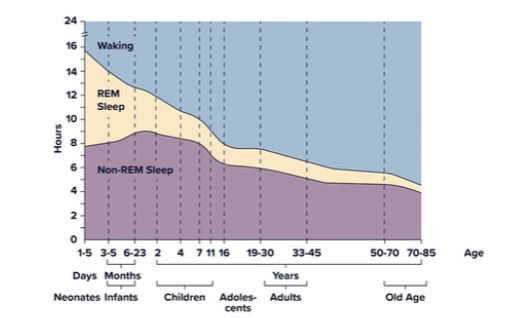
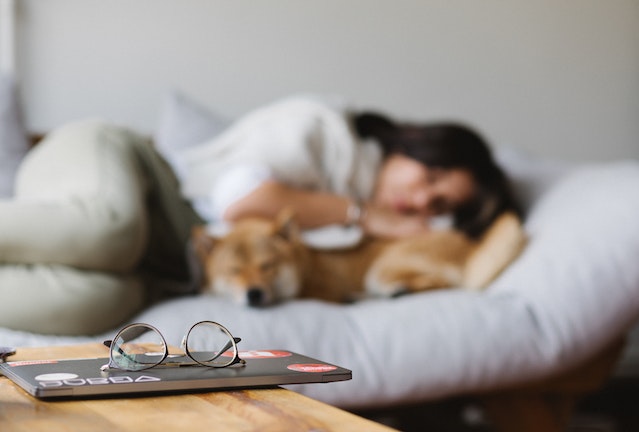
Types of Insomnia
- Acute Insomnia – few days or weeks
- Chronic insomnia – More than six months
- Short-term insomnia – one and six months
- Transient insomnia – Less than one month

